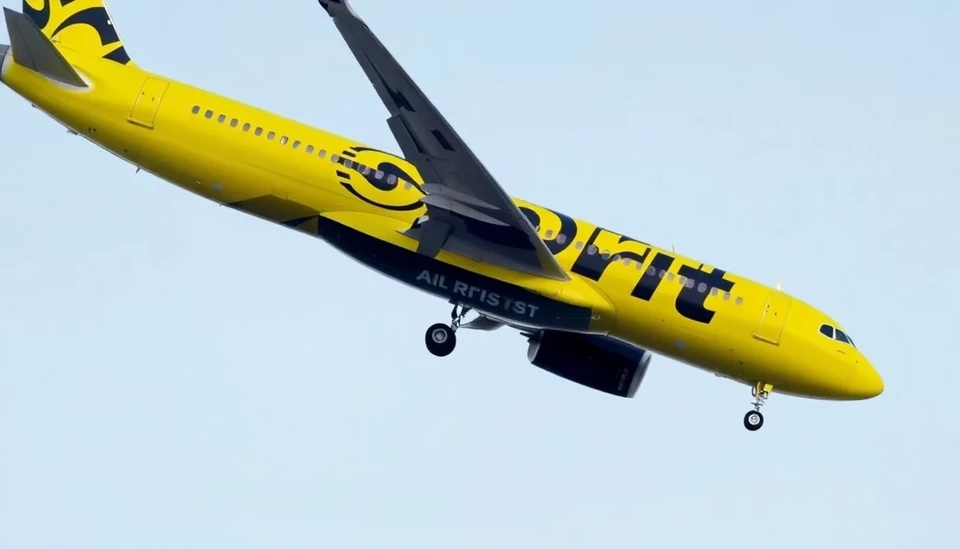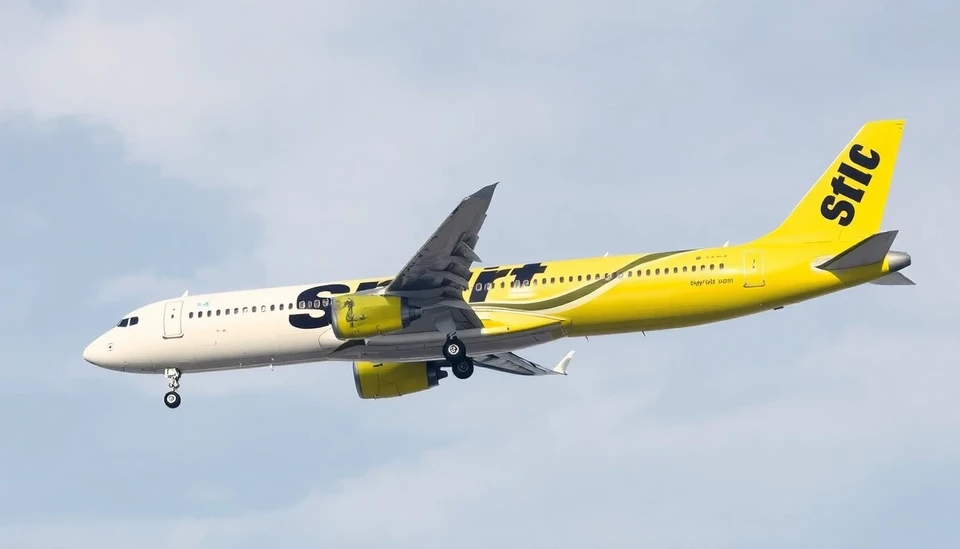
In a bold move to navigate its financial challenges, Spirit Airlines has decided to sell off several of its aircraft. This decision comes as the low-cost carrier faces mounting pressures that could potentially lead to bankruptcy. The airline is working to bolster its cash reserves in an increasingly competitive market while attempting to mitigate what has become a precarious operational situation.
Spirit Airlines, known for its budget-friendly fares, is grappling with a myriad of financial difficulties that have emerged in the wake of fluctuating fuel prices and changing travel patterns fueled by the ongoing effects of the pandemic. The airline’s decision to offload its jets highlights a strategic pivot aimed at increasing liquidity. This is crucial for the airline, especially as it prepares for a winter season that could see reduced demand for travel.
With this latest development, Spirit is not just indicating its financial distress but also positioning itself to reassess its operational strategies. The decision to divest from aircraft is indicative of a deep-rooted need to manage its debts more effectively and prepare for an uncertain future. Spirit is striving to avoid a fate similar to other carriers that have succumbed under financial strain due to the pandemic and its aftermath.
The impacted jets are part of a broader strategy to streamline operations while simultaneously generating much-needed revenue. In conjunction with finding ways to enhance their cash flow, Spirit has also been reviewing its overall route structure, which may involve cuts to less profitable itineraries. This reassessment is aimed at ensuring that the airline remains viable in a landscape where low-cost carriers are increasingly finding it difficult to thrive.
Industry experts suggest that while the sale of aircraft might provide a temporary cash influx, it could potentially limit Spirit’s capacity to capitalize on future travel demand as the market continues to stabilize. Analysts warn that if the airline cannot stabilize its operations and finances soon, it might face more severe consequences, including potential bankruptcy filing as a last resort.
As the air travel landscape continues to evolve, Spirit Airlines' situation is a compelling case study on the vulnerabilities of low-cost carriers in unpredictable markets. While selling off jets may provide immediate relief, it raises questions about the long-term sustainability of the airline and how it will adapt moving forward.
This development is crucial to watch, as it unfolds amid broader discussions about recovery patterns in the aviation sector. Stakeholders, including investors, employees, and passengers, will be closely monitoring Spirit Airlines’ next steps as it tries to maneuver through this turbulent period.
As of now, the spotlight remains on Spirit Airlines, with many awaiting further announcements regarding its financial health and operational adjustments that could redefine its future in the aviation marketplace.
#SpiritAirlines #Bankruptcy #AviationNews #AirTravel #LowCostCarrier #FinancialStruggles #JetSale #TravelIndustry
Author: John Harris




